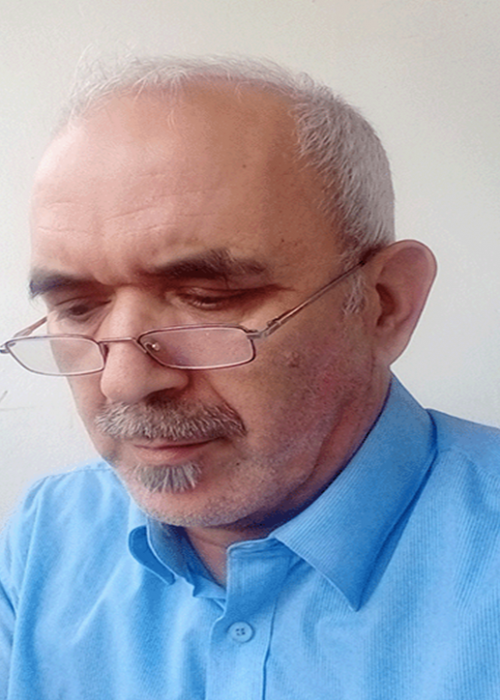2024
Project: Rent and institutional change in Algeria
Dr. Samir Bellal
( Faculté des sciences économiques, université Moulod Mammeri / Algeria )
Samir Bellal graduated from the National Institute of Planning and Statistics (INPS) in Algiers and the University of Lyon 2. He has taught at numerous universities in Algeria. Currently, he is a professor of economics at the Mouloud Mammeri University of Tizi-Ouzou (Algeria). His research focuses on issues of economic regulation and institutional dynamics in the context of a rentier economy. He published “La crise du régime rentier – essai sur une Algérie qui stagne” (The Crisis of the Rentier Regime – Essay on a Stagnant Algeria) in late 2017 with Frantz-Fanon editions, and “Rente, populisme et question économique en Algérie – réflexions sur un système en crise” (Rentierism, Populism and the Economic Question in Algeria – Reflections on a System in Crisis) in late 2022 with El-Amel editions.

Project IRF IV : Resources & Sustainability
The project, presented in the form of an essay, sets out to analyze the issue of institutional change in the context of the rentier economic regime operating in Algeria. The project is structured around several themes. The first is devoted to a review of the terms of the theoretical debate on the question of institutional change. In particular, we will discuss the specific status of institutional mediation in the context of a rentier economy.
Secondly, we describe the institutional configurations at work in Algeria. These constitute what we call a mode of regulation. We will focus on the ambiguities that characterize the institutional choices that frame the mobilization of rents for economic development.
In another section, certain number of factual elements that characterize the country’s economic trajectory will be recalled. Another chapter will be devoted to analyzing the consequences of the indeterminate nature of the category “rent” on institutional dynamics. Finally, we will conclude by addressing the role of political deliberation and that of actors in defining the country’s institutional choices.
